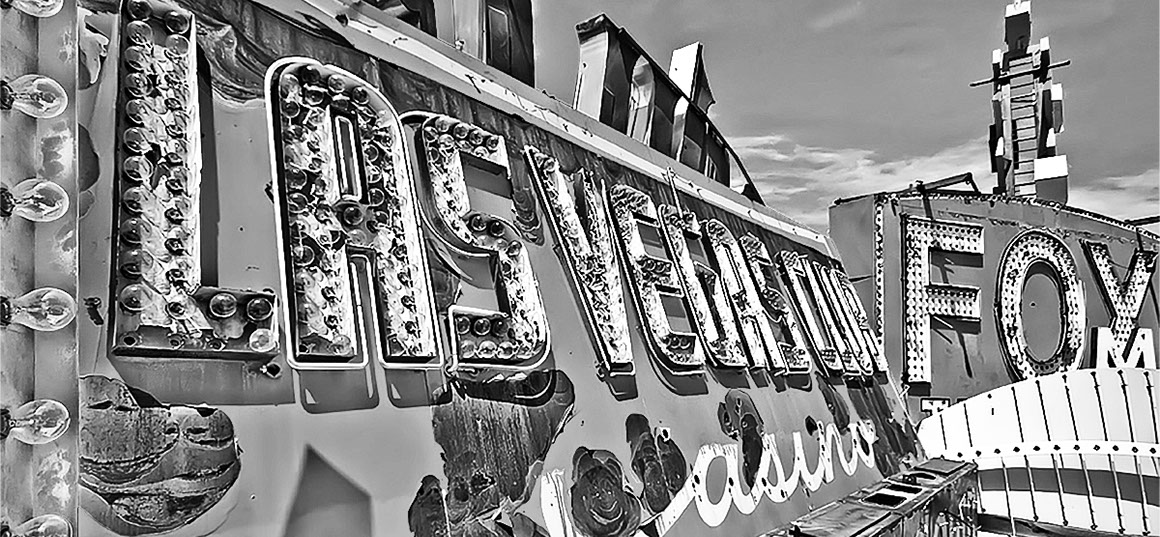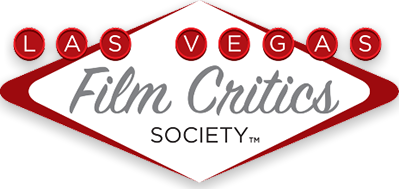Movie for a Day
The Las Vegas Film Critics Society is proud to announce plans to implement a new program designed to instruct and enlighten Clark County students through the power of the motion picture.
When students watch a movie in a learning atmosphere, they are able to absorb and discuss the merits of the film. The events on the screen assume a new meaning and importance. A movie integrated into a school's curriculum also becomes more than mere entertainment.
The LVFCS Movie for a Day program will seek to enhance the learning experience for students by incorporating filmed entertainment into the school curriculum. Working in conjunction with the Clark County School Board, the LVFCS will bring students to selected theaters to watch carefully selected movies that can help introduce children to:
• Major historical events
• Great achievements of civilization
• Extraordinary men and women who have shaped our world
• Works of music, dance, drama, literature and the visual arts; and ethical, social, and cultural issues facing children as they mature.
Through watching movies recommended by the LVFCS, students will acquire new knowledge of history, culture and people.Students can then be asked to critique a film or discuss the themes it presents using questions developed by the instructor. Other supplements like textbooks and various classroom materials can also be introduced.
Children will learn while being entertained by the best Hollywood has to offer. Each year the movie industry releases many meaningful, informative and culturally valuable films. Over the last 70 years, these films have accumulated into a vast and untapped cultural resource. The LVFCS hopes to use those films as an invaluable teaching tool and bridge the gap between education and entertainment.
Film Restoration
"Film is history. With every foot of film that is lost, we lose a link to our culture, to the world around us, to each other and to ourselves." -- Martin Scorsese,
The motion picture is the most popular art form of the 20th century--yet most of its early works are lost forever due to improper storage of film negatives, disregard and neglect. The facts are both staggering and disheartening. Only half of the motion pictures produced in The United States before 1950 have survived in one form or another. Most silent films from that era are lost forever, crumbled into dust with the passage of time. Those that have survived are at risk, forgotten in film vaults, in rusting film cans containing hopelessly damaged reels of film. Motion pictures in the beginning were shot on nitrate stock--the industry standard until 1951-- a stock so volatile, that when decomposing it could (and did) spontaneously burst into flames when stored under less-than-perfect conditions.
Even the most carefully stored nitrate negatives can deteriorate from overuse; sound and color can also fall victim to time's effects. New technology played a role as well. After "talkies" made their debut, studios often purposely destroyed their silent film libraries to make room for new sound film prints or to recycle the silver nitrate stock.
The Las Vegas Film Critics Society understands the vital importance of film preservation and through special screenings of such films as the restored editions of "Rear Window," "The Third Man," "Touch of Evil," and "Close Encounters of the Third Kind," funds can be raised for restoration efforts to save our cinematic history. We support the efforts of restorationists such as Martin Scorsese, Peter Bogdonavich, Sydney Pollack, Steven Speilberg, Arthur Hiller and Roger L. Mayer, Chairman of the National Film Preservation Foundation.
The National Film Preservation Foundation depends on contributions from individuals, foundations and corporations to support film preservation and restoration activities across the United States. Contributors play a vital role in ensuring that America's film heritage remains a part of our shared future.
You can support the national film preservation work of the NFPF by sending donations to:
National Film Preservation Foundation
870 Market Street, Suite 768
San Francisco, CA 94102
Contact Info
The Las Vegas Film Critics Society
Jeffrey K. Howard, President
2449 N. Tenaya #33032
Las Vegas, Nevada 89133
(702) 340-1065
email: jeff@lvfcs.org

